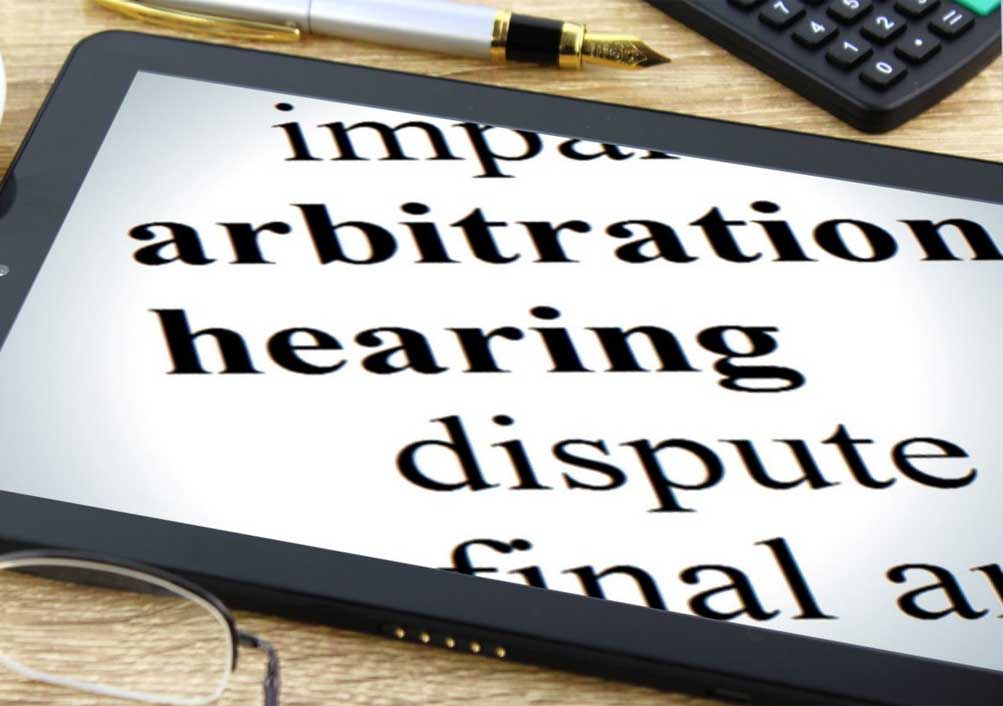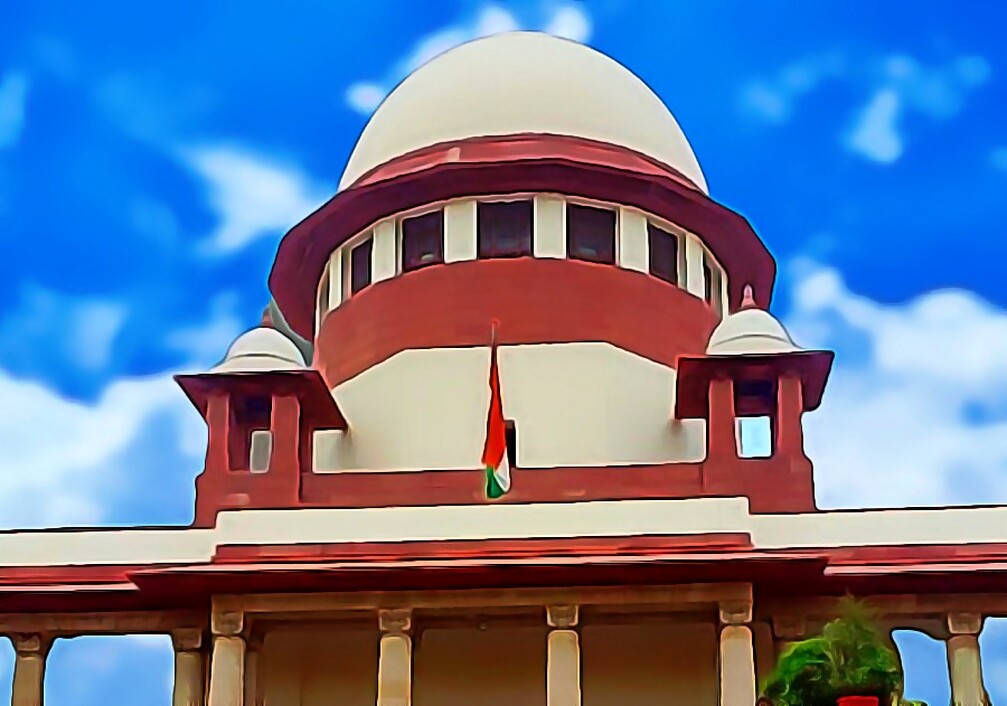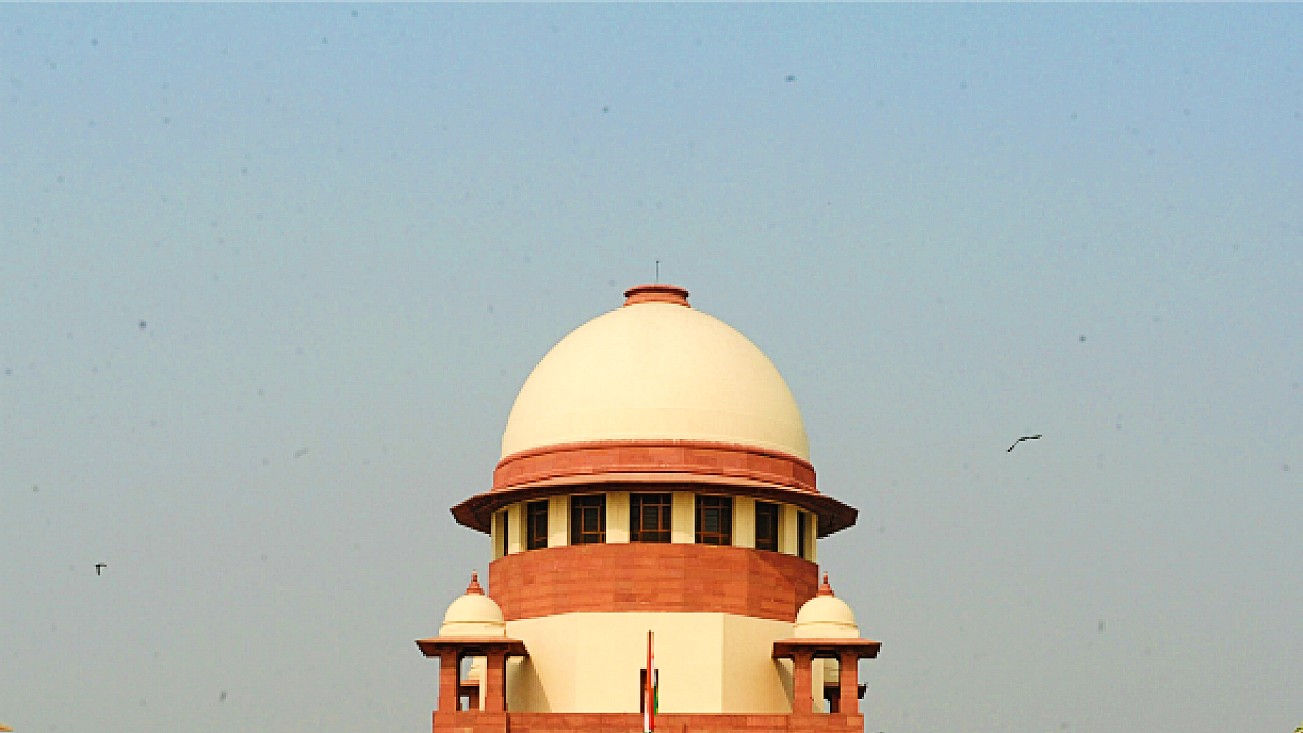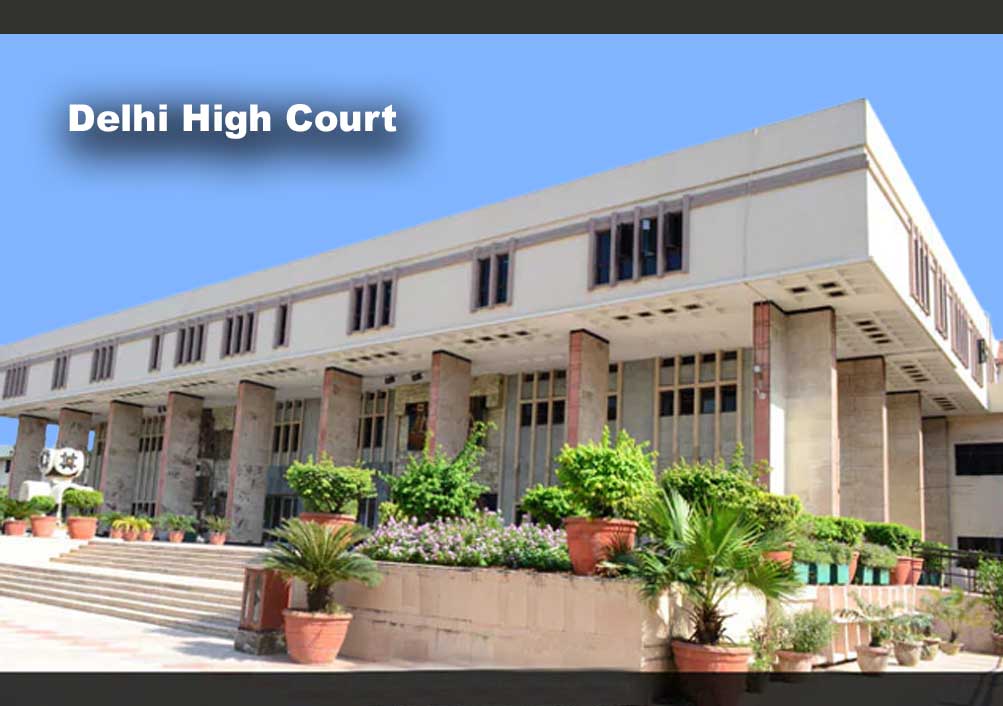If challenge to Arbitrator is not accepted by Arbitral Tribunal, then Tribunal is required to proceed and deliver award: Delhi HC

Read Judgment: Delhi Integrated Multi Modal Transit Systems Ltd. vs. Delhi Jal Board
Pankaj Bajpai
New Delhi, November 22,2021: The Delhi High Court has recently terminated mandate of the Sole Arbitrator
(Dr. RCM) for sole reason that he had been appointed by Delhi Jal Board’s (respondent) CEO and not on account of apprehensions expressed by Delhi Integrated Multi Modal Transit Systems (petitioner).
Going by the background of the case, the Petitioner and Respondent entered into an agreement regarding which disputes arose between them. The Petitioner called upon Respondent to pay a sum, claiming it was due and payable to Petitioner. Thereafter, by letter, Respondent’s CEO appointed Dr. RCM as Sole Arbitrator to adjudicate disputes between parties. Petitioner filed its Statement of Claims and Respondent filed its Statement of defense and counter-claims.
During pendency of proceedings, Petitioner became aware that Dr. RCM had been appointed as whole-time member of District Consumer Forum for Central Delhi and was empanelled as arbitrator on panel maintained by Respondent. Petitioner therefore filed application before Arbitral Tribunal u/s 12 and 13 of Arbitration and Conciliation Act, 1996, seeking recusal of Dr. RCM as arbitrator on sole ground that he was ineligible.
Since Dr. RCM rejected the application, the Petitioner filed present petition u/s 14(2) of 1996 Act, praying that mandate of Sole Arbitrator Dr. RCM be terminated and independent and impartial arbitrator be appointed, as Dr. RCM, former civil servant, was unilaterally appointed by Respondent’s CEO and hence, ineligible to act as arbitrator u/s 12(5).
After considering the evidence and arguments, the Single Judge Vibhu Bakru observed that once it is held that the appointment of the learned Arbitrator has been made unilaterally by the CEO of the respondent, it would follow that the said appointment is void ab initio.
Although Petitioner had participated in arbitral proceedings before Arbitrator, the same could not be construed as Petitioner waiving its right u/s 12(5), added the Court.
Justice Bakhru highlighted that once it was held that appointment of Arbitrator had been made unilaterally by Respondent’s CEO, it would follow that the appointment was void ab initio.
In challenge where grounds stated in Fifth Schedule were disclosed, giving rise to justifiable doubts as to arbitrator’s independence/impartiality, such doubts must be determined as matter of fact by Arbitral Tribunal u/s 13, added Justice Bakhru.
The High Court went on to note that if challenge was not successful and Tribunal decided there were no justifiable doubts as to independence/impartiality of arbitrator/arbitrators, Tribunal must then continue arbitral proceedings u/s 13(4) and make award.
It was only after such award was made that a party challenging arbitrator’s appointment on grounds contained in Fifth Schedule may make an application for setting aside an arbitral award u/s 34 on the grounds, added the Single Judge.
The High Court therefore concluded that it was not open for petitioner to challenge Arbitrator on ground that there were justifiable doubts as to his independence and impartiality in terms of Guidelines set out in Fifth Schedule r.w.s 12(1) in these proceedings.
Sign up for our weekly newsletter to stay up to date on our product, events featured blog, special offer and all of the exciting things that take place here at Legitquest.




Add a Comment